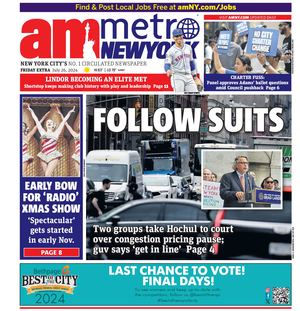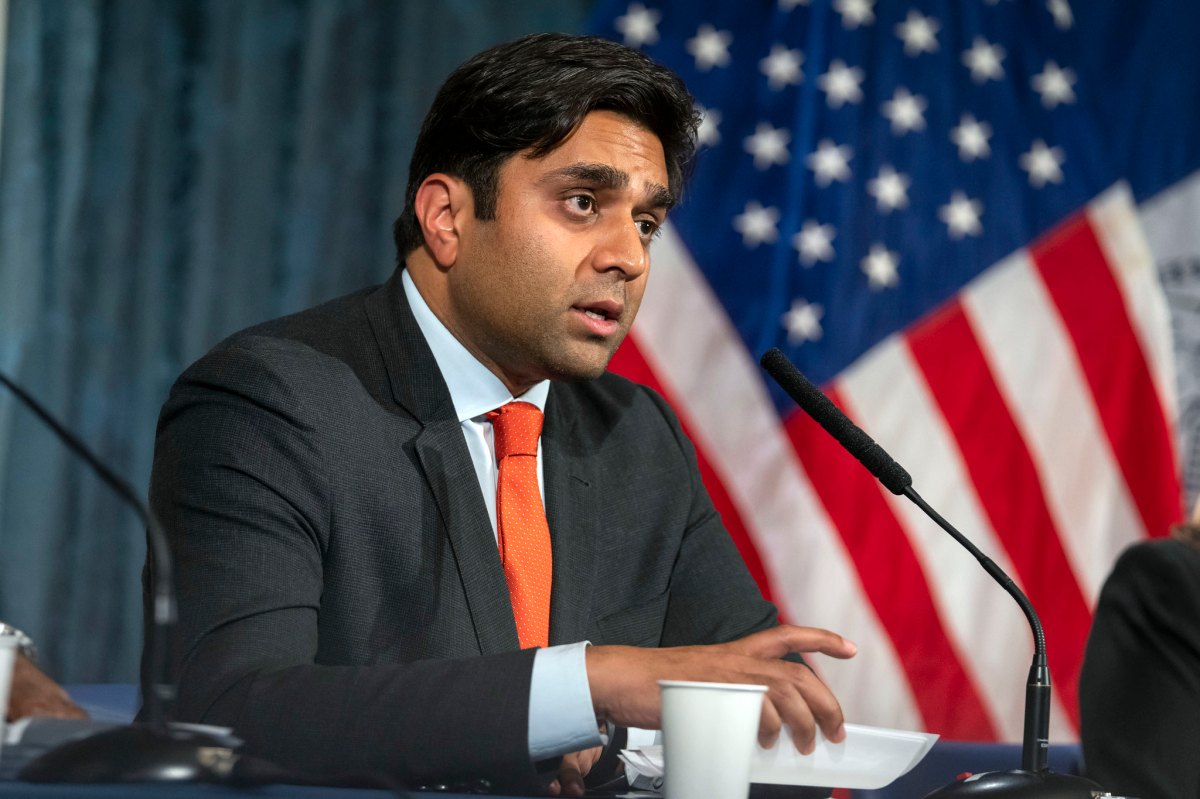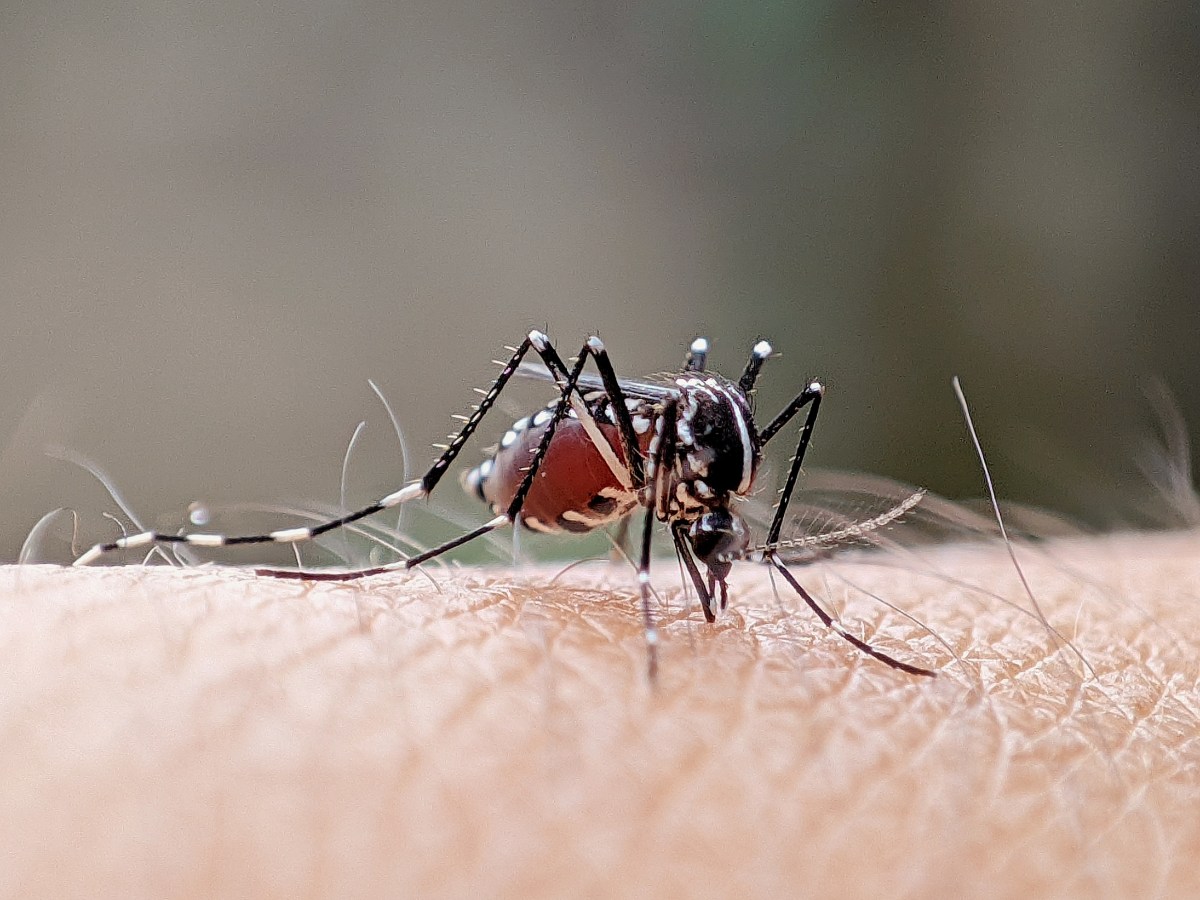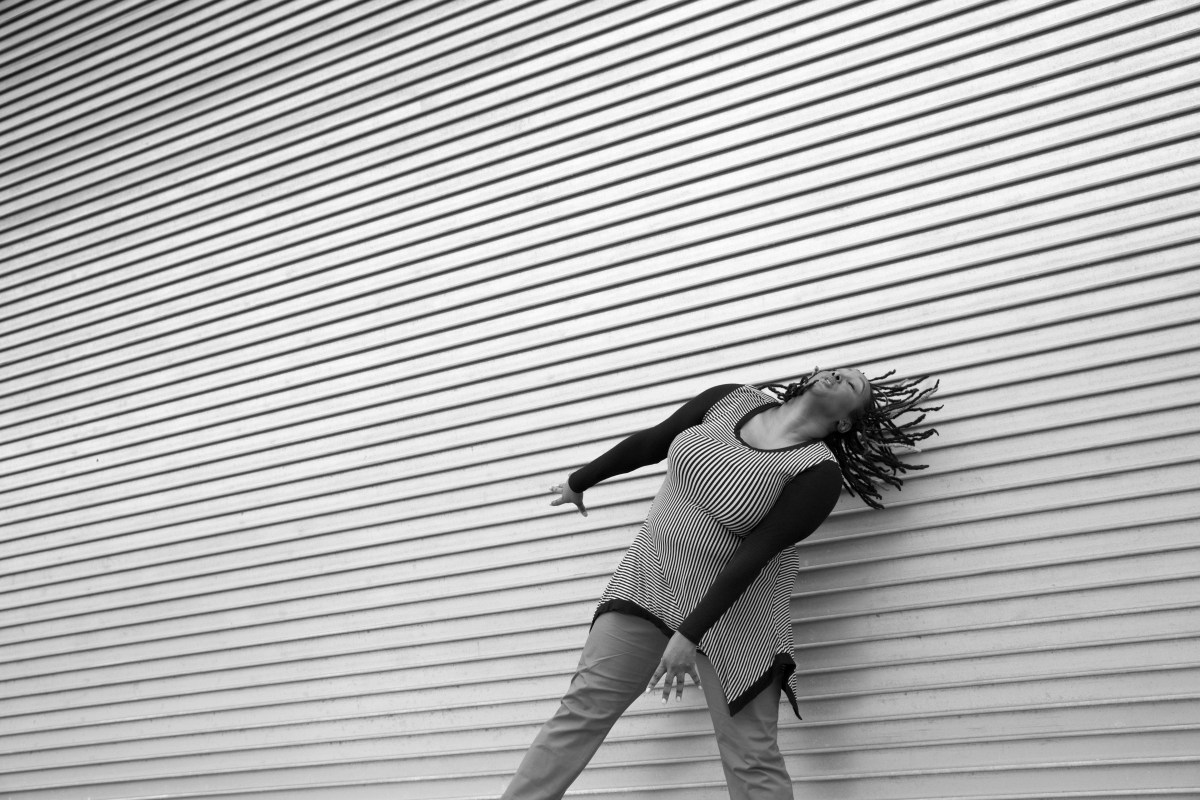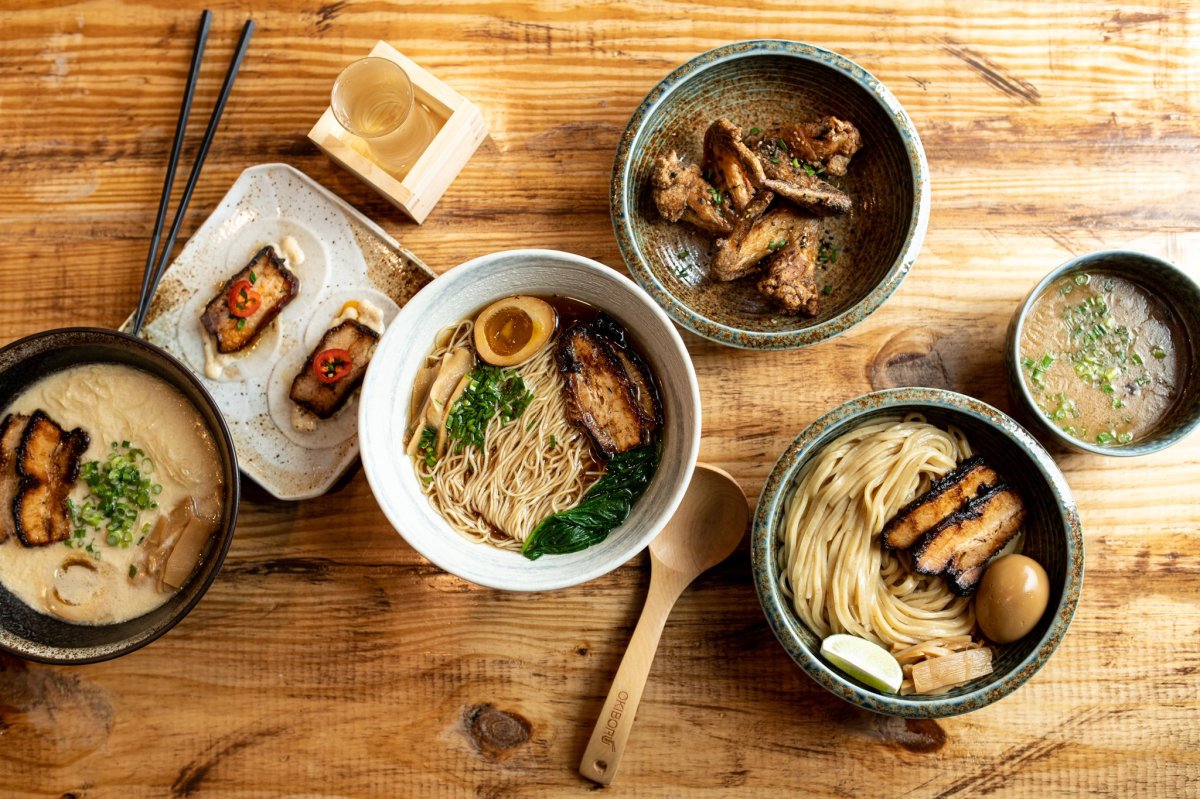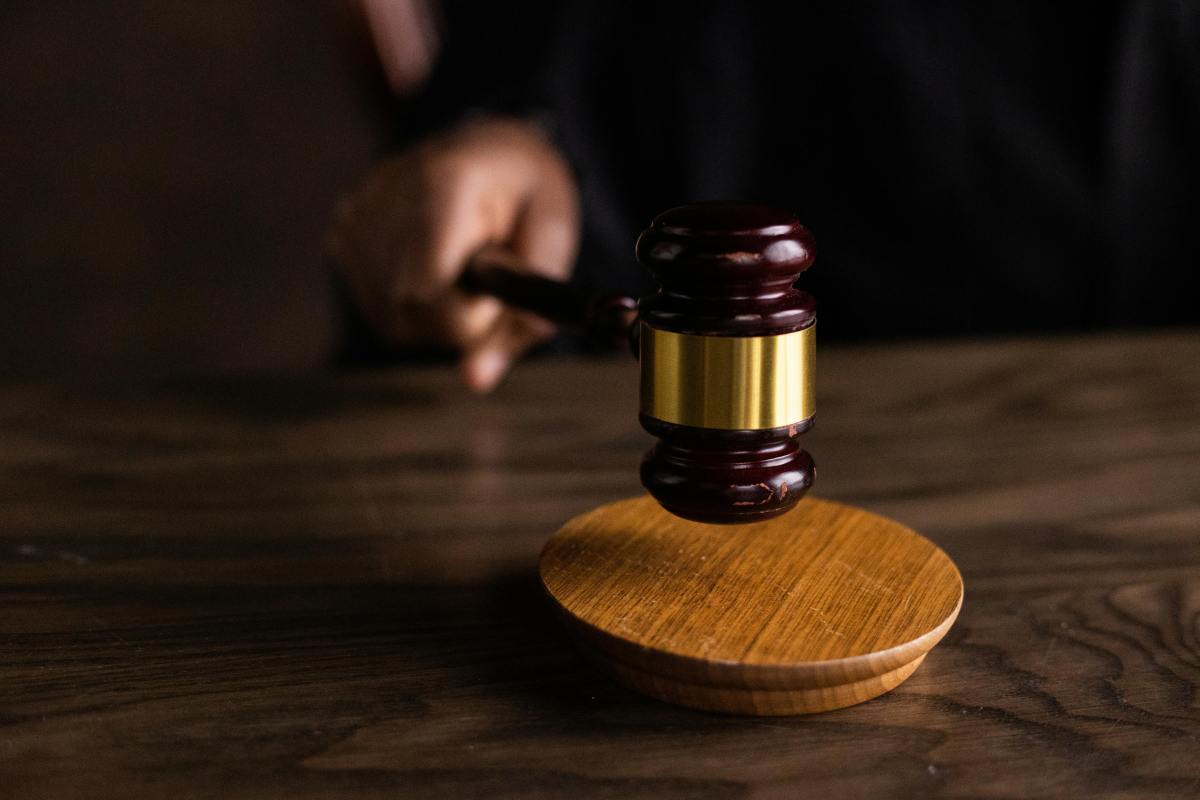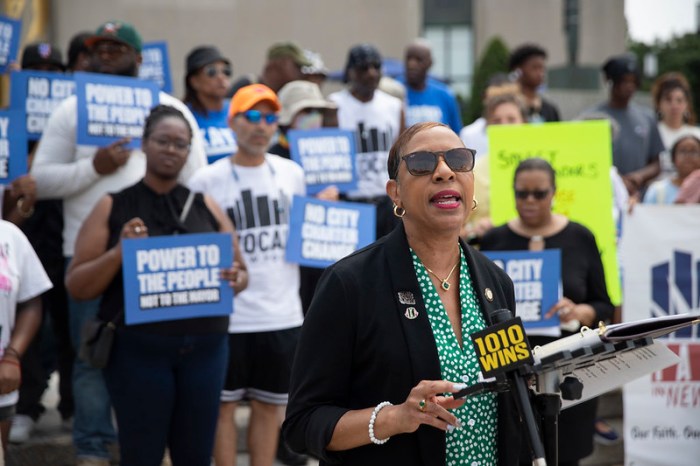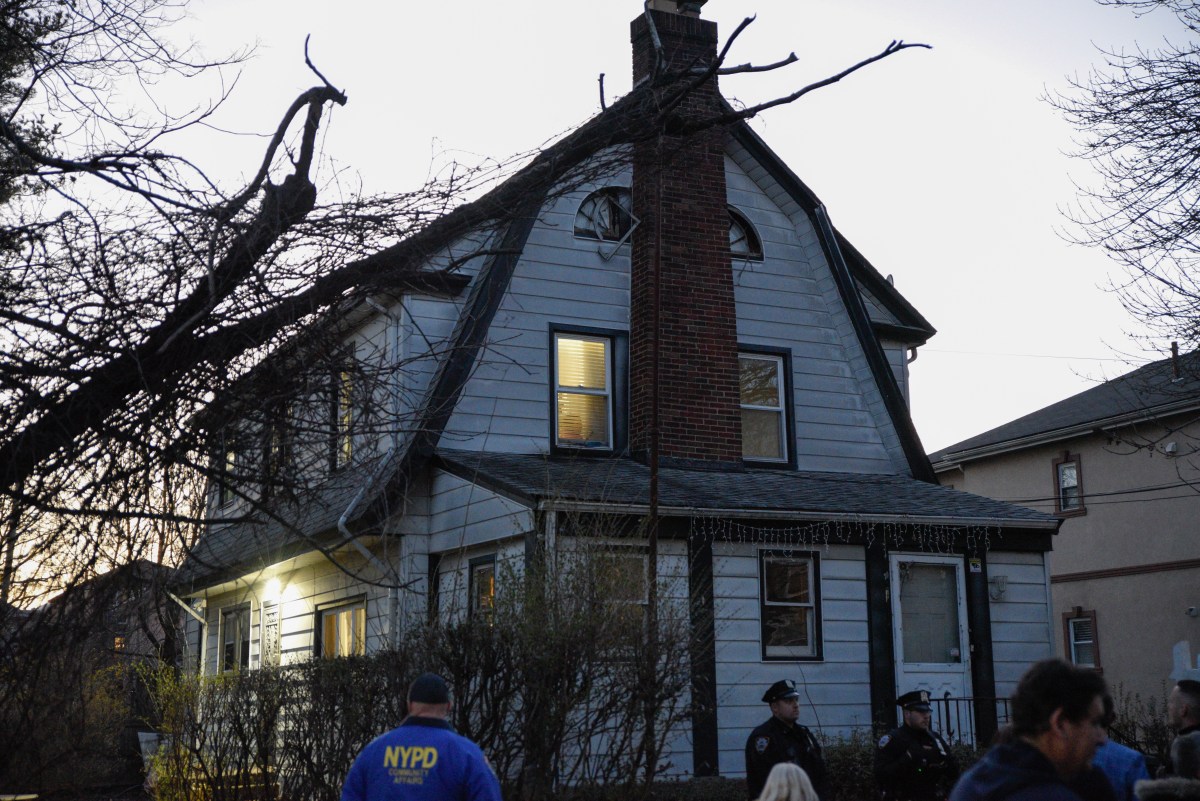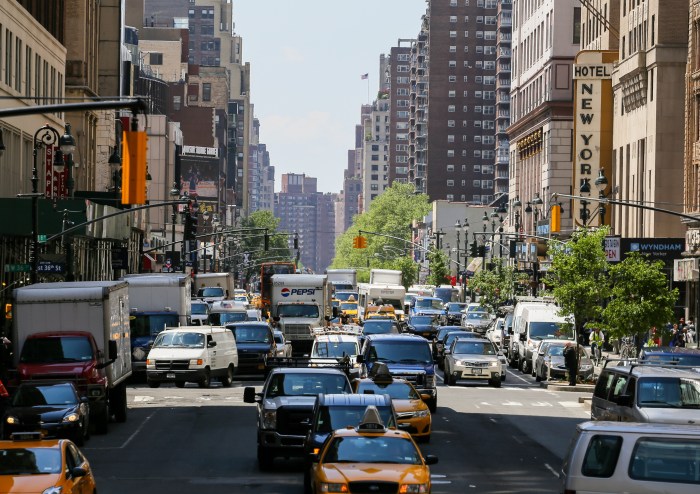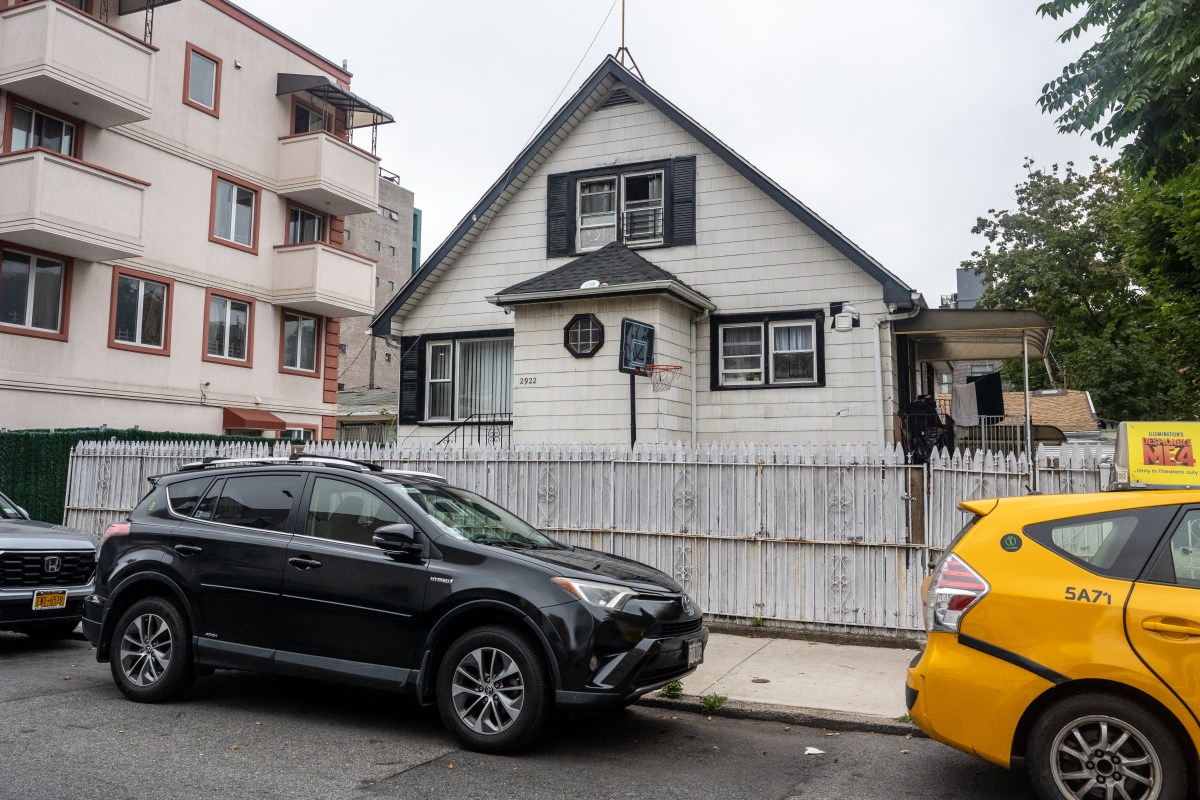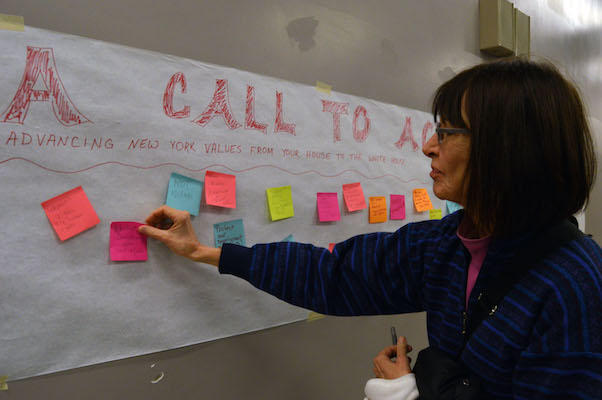
BY JACKSON CHEN | It was the Sunday before the election and Faiza Ali, a Muslim-American staffer to City Council Speaker Melissa Mark-Viverito, was taking the subway to a phone bank, hoping to persuade Muslim voters to head to the polls in support of Hillary Clinton.
As she stepped off the subway, an encounter with a stranger proved to be an unsettling preview of things to come.
“Hey, nice scarf,” Ali recalled the man saying about her hijab.
With a wry smile, Ali said she replied, “Thanks.”
“Too bad you won’t be able to wear that after Tuesday.”
Ali said she was shocked for all of a second before exchanging some heated words with the man. Upon reflecting on the incident and sharing her experience with her mother afterward, Ali said, she realized the election’s aftermath has evoked fear and anxiety parallel to that felt by Muslim New Yorkers after 9/11.
“Muslim women in hijabs are the most visible part of our community and makes us the most vulnerable to hate attacks,” Ali said, wiping away the occasional tear as she recalled past incidents involving her family. “We’re literally walking around with a target on our head, and it’s extremely frightening to walk with that experience and it’s extremely agitating.”
Before a roomful of people gathered for East Side City Councilmember Dan Garodnick’s call to action to advance “New York Values” as a counterweight to President-elect Donald Trump, Ali won applause and support.
The December 8 event at the High School of Art and Design on East 56th Street drew more than 500 local residents as well as community organizations to a panel discussion aimed at figuring out what to do in the wake of an election that has left many New Yorkers in fear.
According to Garodnick, hate crimes in New York City are up as much as 35 percent compared to the same time period last year. The councilmember noted an incident where a Muslim Metropolitan Transportation Authority worker was shoved down the stairs at Grand Central Terminal by a man screaming “terrorist.” On top of that, a Brooklyn man threatened an off-duty — and decorated (for saving a child and grandmother from a burning building in 2014) — Muslim police officer, Aml Elsokary, who was wearing a hijab, and her son.
“You don’t need me to tell you this is not normal, this is not the America that you and I know,” Garodnick said, and then, referring to Trump, added, “He’s certainly not representative of our New York values: diversity, understanding, inclusion, opportunity, fairness, and a tenacious commitment to coming together in the most difficult situations.”
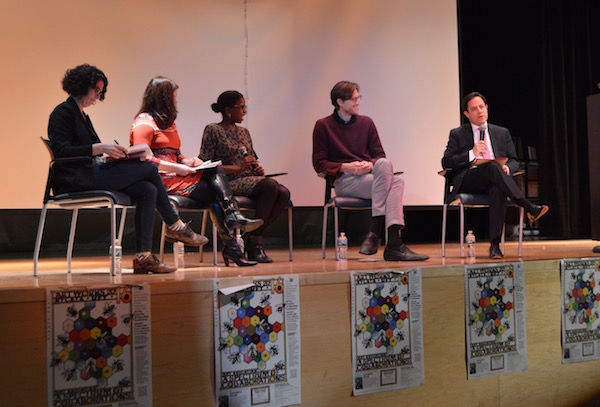
The Anti-Violence Project’s Yasmin Safdié, Meg Barnette of Planned Parenthood, Rashida Richardson from the New York Civil Liberties Union, and Make the Road New York’s Daniel Altshculer join Councilmember Dan Garodnick at the December 8 New York values town hall meeting. | JACKSON CHEN
As Trump pursues his transition planning, Garodnick and likeminded elected officials along with advocacy groups are voicing concern about what problems the election upset is causing for Muslims, people of color, women, and the LGBT community and exploring what New Yorkers can do in response over the next four years. With campaign rhetoric now being translated into cabinet appointments, Make the Road New York, a group focused on social and economic justice issues in the Latino community, is worried about the threat of deportation immigrant families are facing.
“Ultimately what Donald Trump has pledged to do in his campaign and his transition is to tear apart immigrant families,” Daniel Altschuler, the group’s coordinator of civic engagement and research, said, referring to Trump’s team as a “cabinet of hate.”
“We are bracing ourselves for the actions we are going to need to take to fight back the onslaught he’s planning for immigrant communities,” Altschuler added.
With so many immigrants relying on the city’s IDNYC program to secure documents needed to go about their daily lives, some New Yorkers are apprehensive about what would happen if Trump got hold of that program’s database. Rashida Richardson, legislative counsel for the New York Civil Liberties Union, said the database provides a readily accessible treasure trove of basic information like names, addresses, and places of birth. She urged New Yorkers to call their elected representatives and have them support legislation to restrict law enforcement access to such information.
Richardson also said the public must press Albany to codify the protections of the US Supreme Court’s Roe v. Wade decision against the risk that a Trump court could reverse the landmark 1973 abortion rights ruling.
Taking a sharp breath before speaking, Meg Barnette, the chief of staff at Planned Parenthood of New York City, said that the state’s abortion laws exist in the penal code rather than in the public health code, where she argued they belong.
She noted that Governor Andrew Cuomo’s efforts to spell out all the protections of Roe v. Wade in state law have hit a brick wall in the Republican-controlled State Senate.
“While New York City has been a haven for reproductive rights and justice, it is not safe,” Barnette said. “We need at this time to not just be safe, but a sanctuary, we need to be a leader on this issue… We have to think not only about protecting the access we have currently, but our responsibility to provide care to a whole lot of other people who would have to come here to get that care.”
While Barnette and her colleagues specialize in reproductive health, she urged everyone in attendance, who could be affected by Trump’s presidency in a variety of ways, to come together in unity.
“We stand in solidarity with all of the other issues on this stage,” Barnette said. “There’s no single-issue struggles because we don’t have single-issue lives.”
Yasmin Safdié, the senior manager of organizing and advocacy at the New York City Anti-Violence Project, which serves the LGBTQ community, talked about how people should respond if faced with a bias attack and emphasized that it is important to understand there isn’t always one right answer. As a witness to such a crime, she said, one should assess the situation and their own personal safety first. The best thing to do, she added, was to check in with the person being harassed or attacked and to not escalate the situation.
“In the moment it can be complicated,” Safdié said. “But, really, [let] the person getting harassed know you’re there and they’re not alone.”
With speakers describing the dawn of the Trump era as a precarious time, they urged attendees to donate to organizations like the ones they represent – but, most importantly, to be prepared to volunteer, organize, and speak up for what they believe in.
“As people who love this country, we have an obligation to stand up and shape its future in this way,” Garodnick said. “Particularly at this critical moment when your values are in danger, we must stand up and fight back.”
